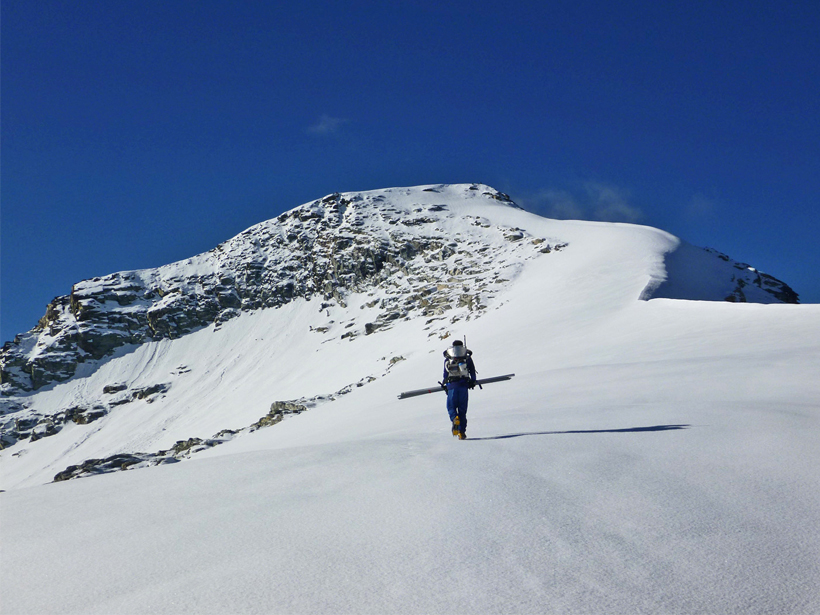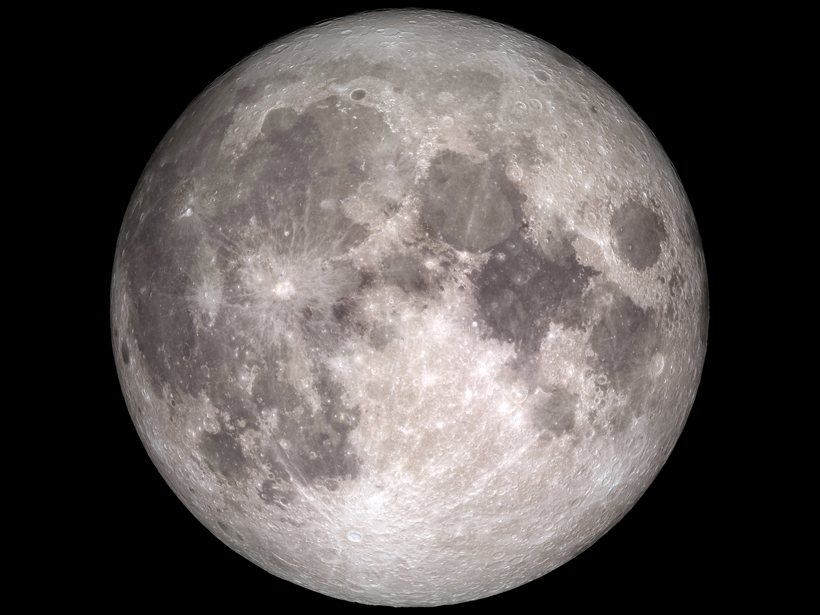Scientists track the fate of methane released by hydrates in a major canyon off the U.S. East Coast.
Authors who want CC-BY-NC 2015
Three–Dimensional Scans Illuminate Wildlife Environments
Detailed laser imaging of vegetation and landforms where animals live and roam offers revealing new perspectives on interactions between those creatures and their surroundings.
Geochronology: It's About Time
Chronology is at the heart of all geosciences, but its ubiquity has given it an image of a useful tool rather than a foundational discipline of its own.
World's Smallest Glaciers Risk Vanishing in Warm Climate
Scientists studying tiny glaciers in Switzerland created models to determine how the world's diminutive glaciers would fare under rising temperatures.
Claude Jaupart Receives 2015 Harry H. Hess Medal
Claude Jaupart was awarded the 2015 Harry H. Hess Medal at the American Geophysical Union Fall Meeting Honors Ceremony, held on 16 December 2015 in San Francisco, Calif. The medal is for "outstanding achievements in research on the constitution and evolution of the Earth and other planets."
Can the North Brazil Current Help Us Understand Atlantic Water Flow?
Currents off the coast of northern Brazil can be used to study changes in the larger oceanic circulation pattern in the Atlantic, when variable winds in the regions are properly accounted for.
Giant Balls of Bacteria Pile Up on Arctic Lake Beds, Ooze Toxin
Researchers have found cyanobacteria colonies as big as softballs thriving unexpectedly on shallow Greenland lake bottoms, exuding liver-damaging microcystin. Locals dubbed them "sea tomatoes."
Electric "Tornadoes" in Space Drive Disturbances Down to Earth
New simulations show how shocks in space can trigger vortexes in Earth's magnetic field, causing magnetic disturbances that are detectable from the ground.
Günter Blöschl Receives 2015 Robert E. Horton Medal
Günter Blöschl was awarded the 2015 Robert E. Horton Medal at the American Geophysical Union Fall Meeting Honors Ceremony, held on 16 December 2015 in San Francisco, Calif. The medal is for "outstanding contributions to hydrology."
Interior Water Not Ruled Out for Our Moon, Lab Tests Suggest
The experiments mimicked cooling of magma at the lunar surface. They found that any water in interior molten rock might have escaped so fast at the surface that none was left to be measured.







